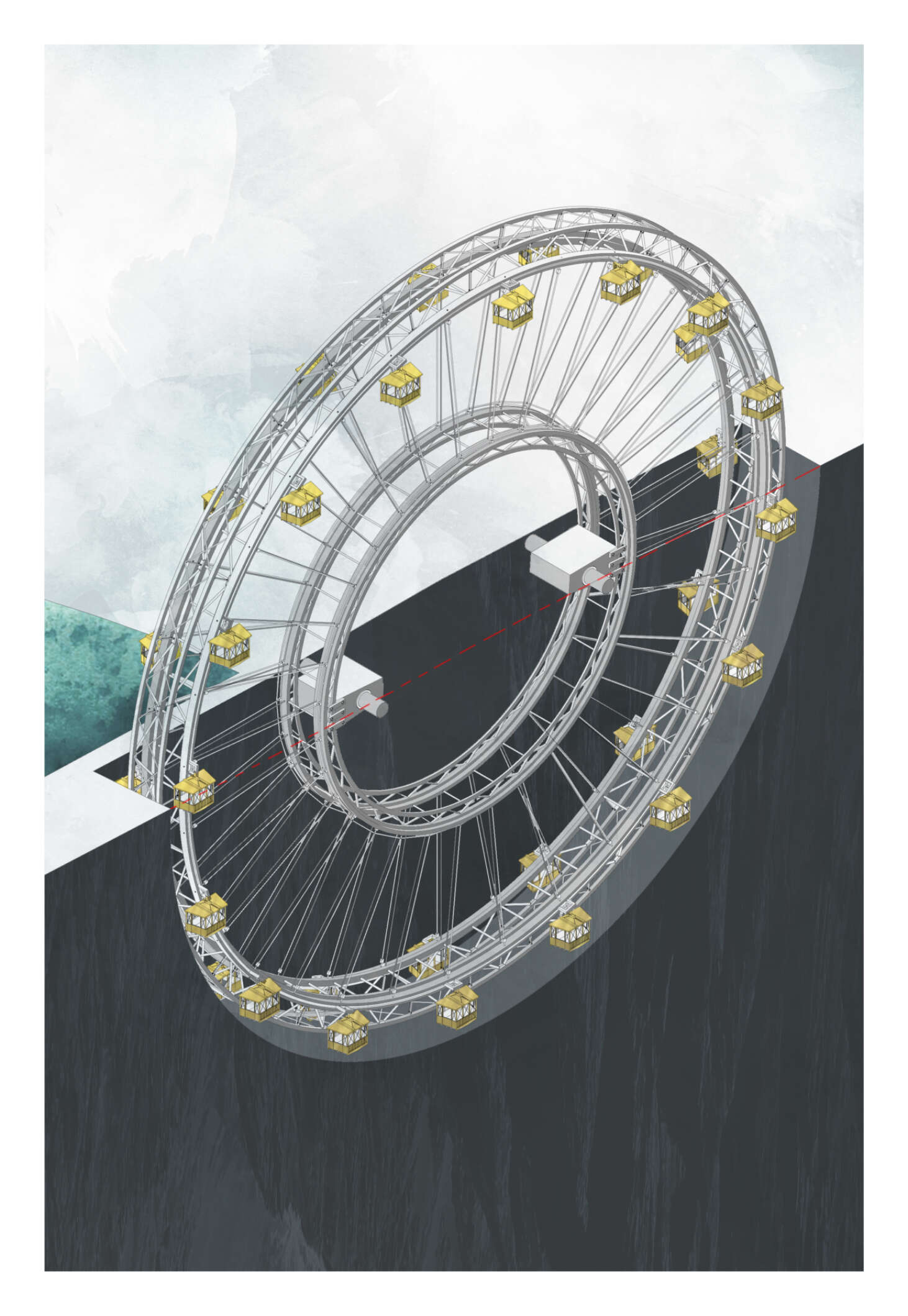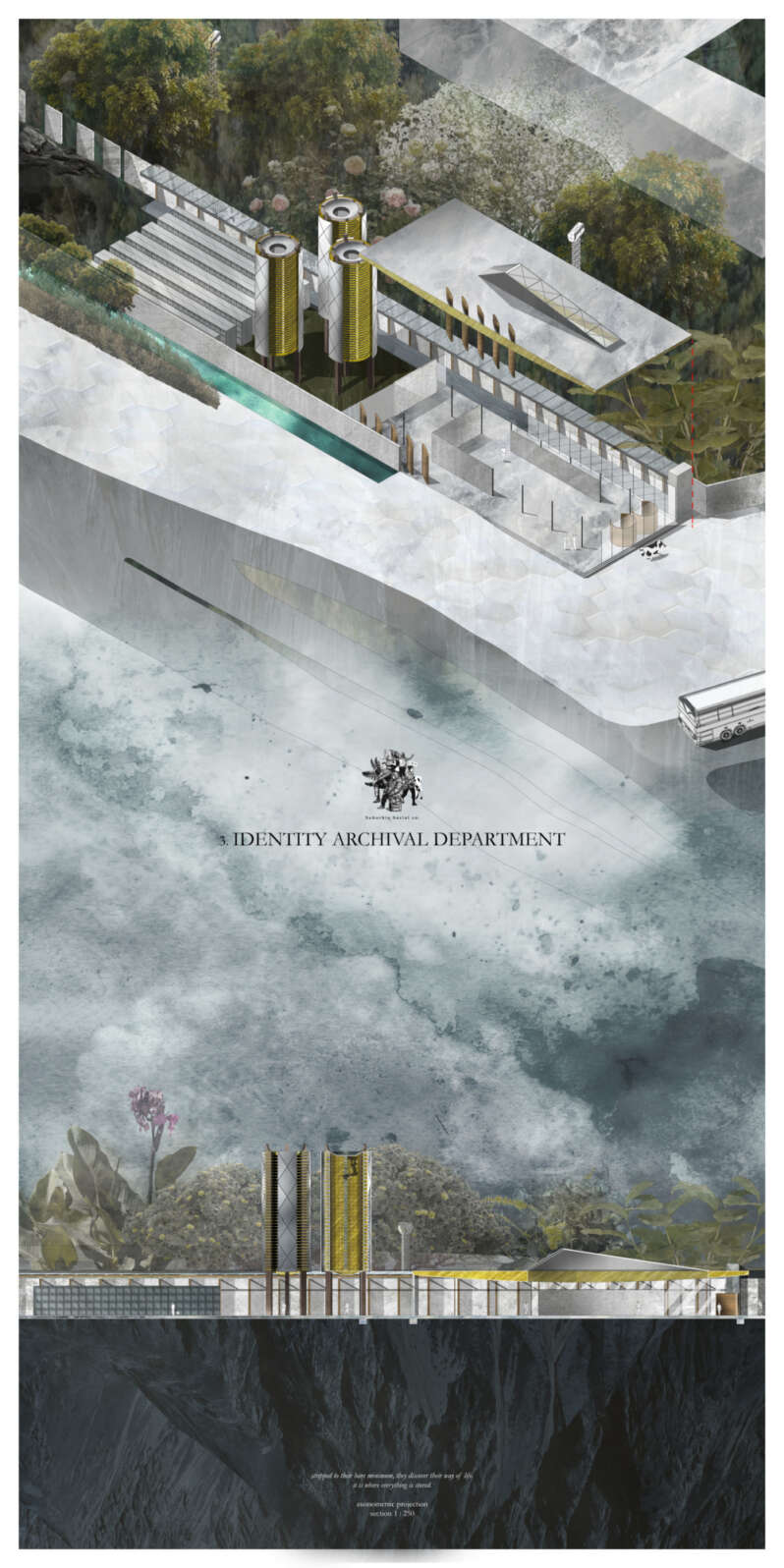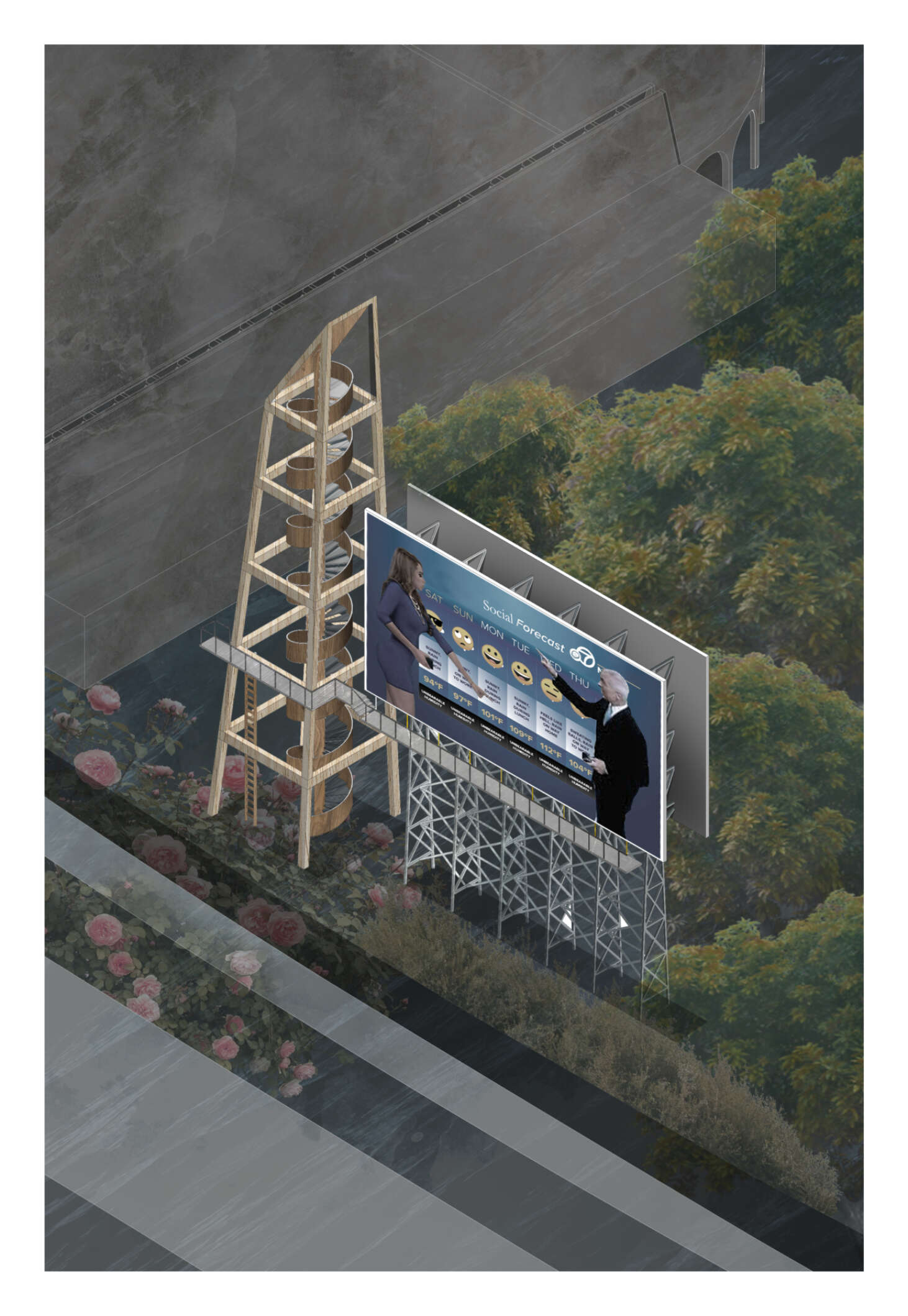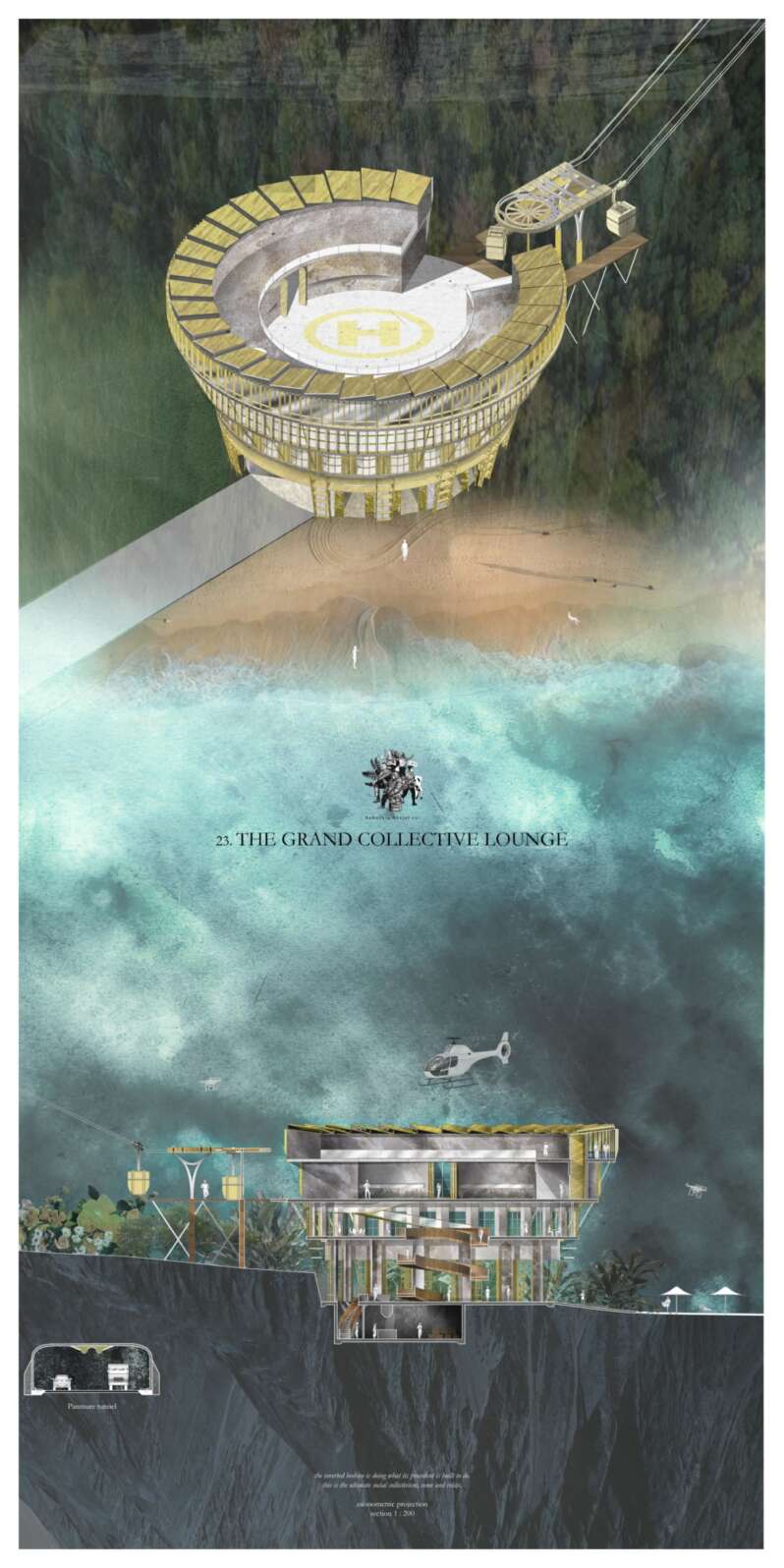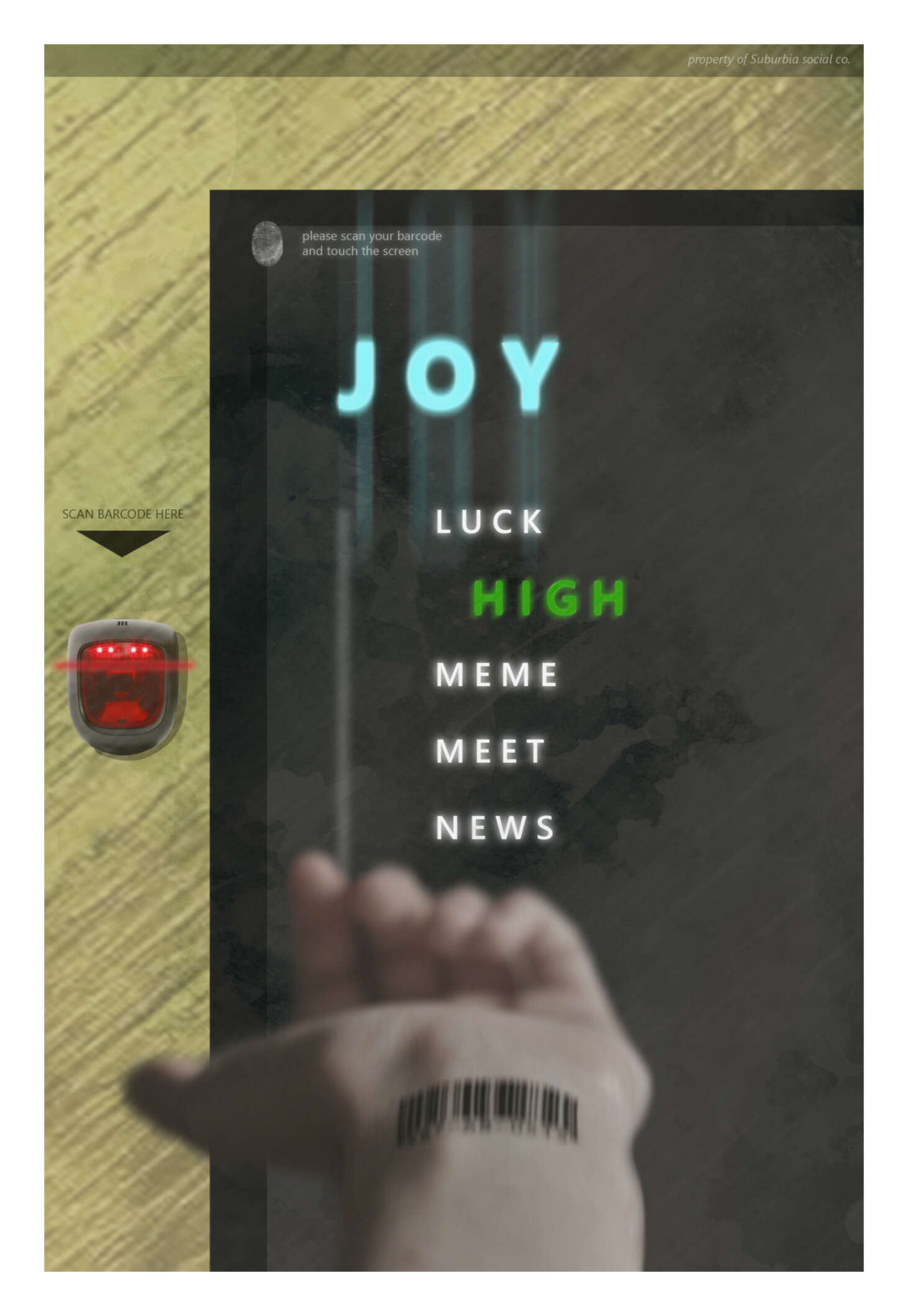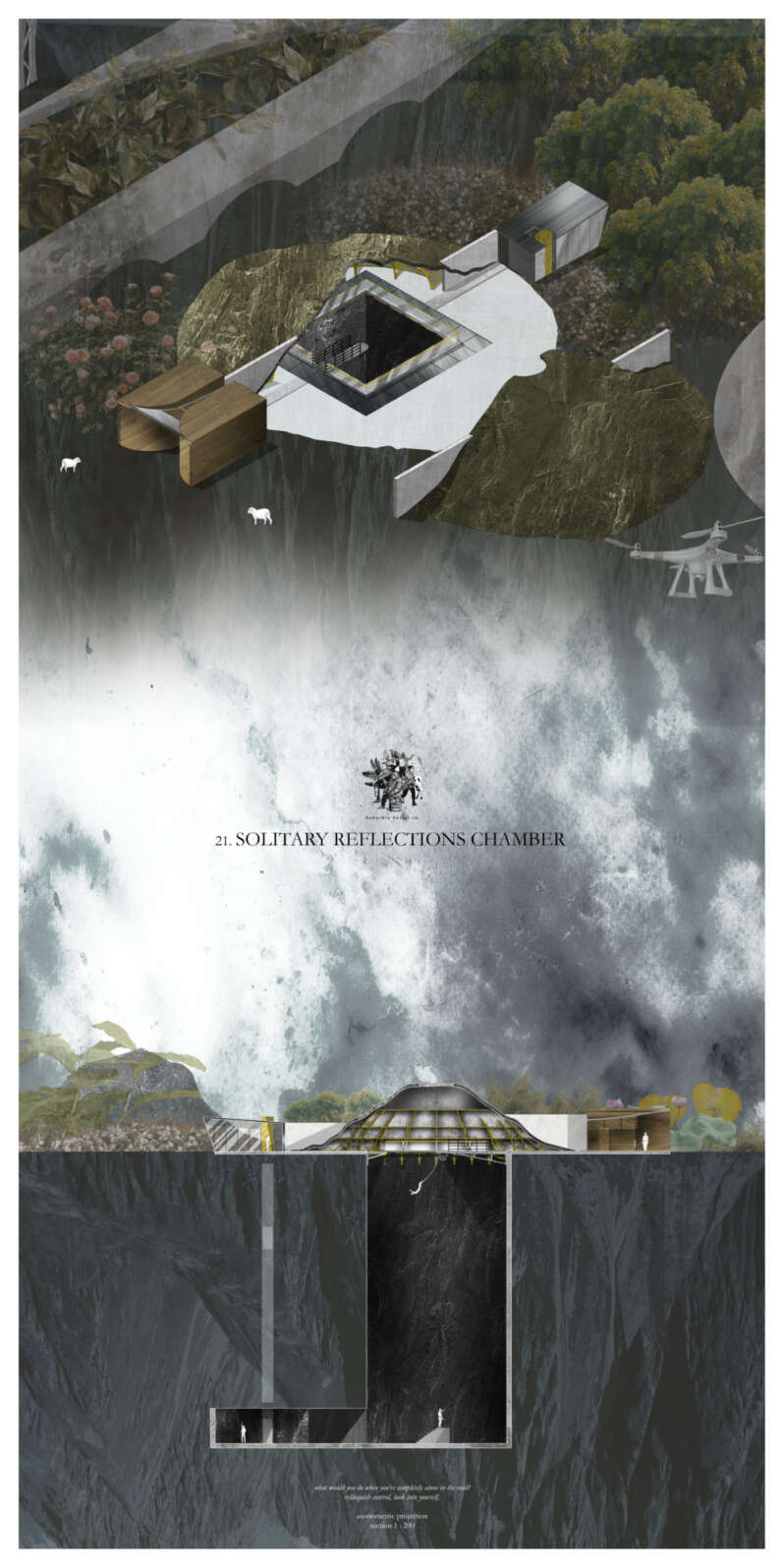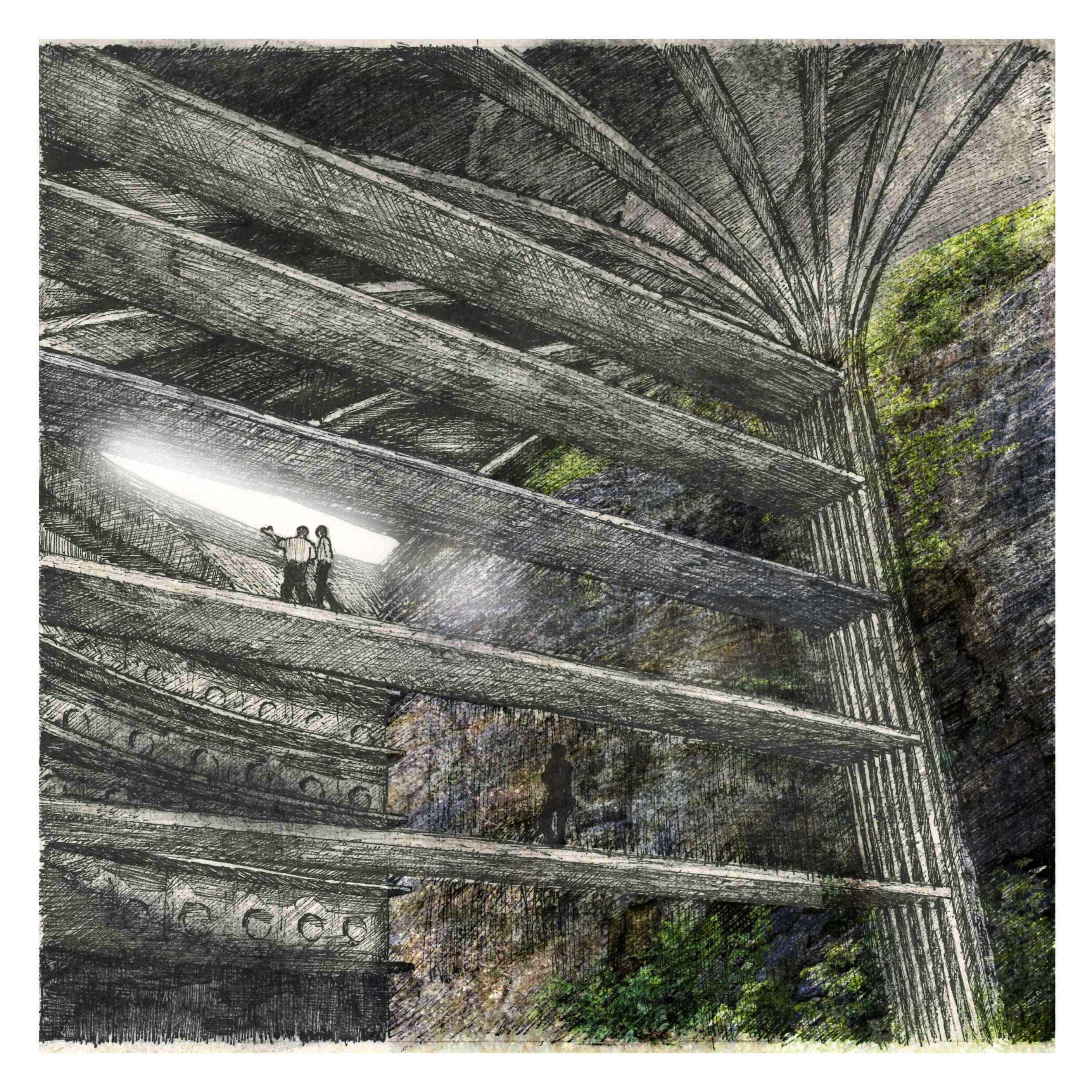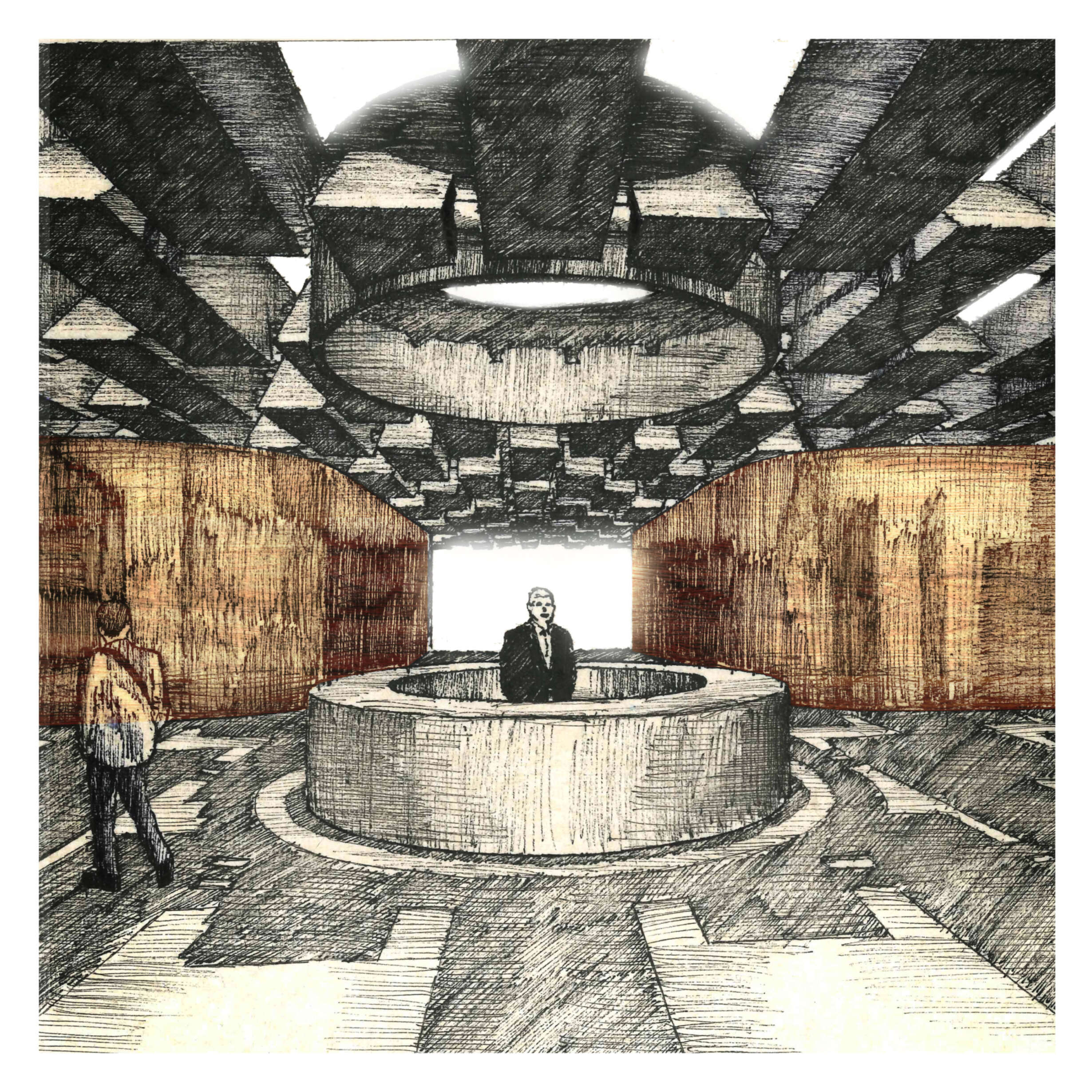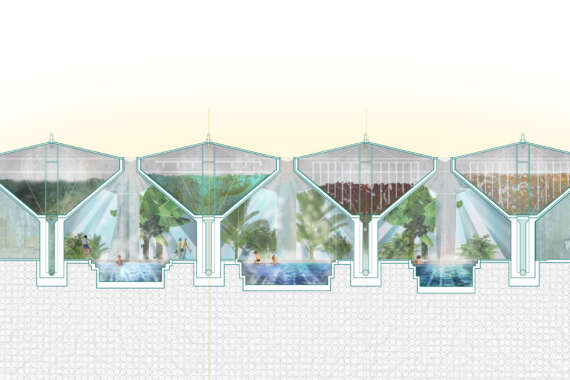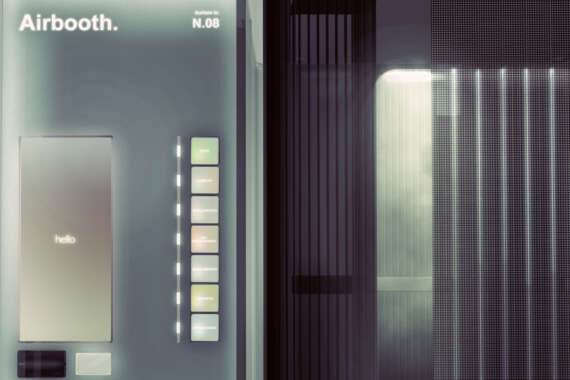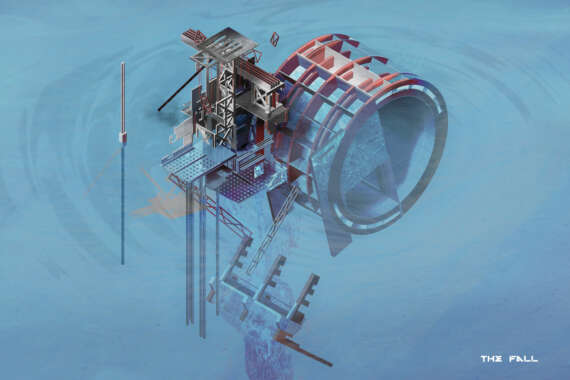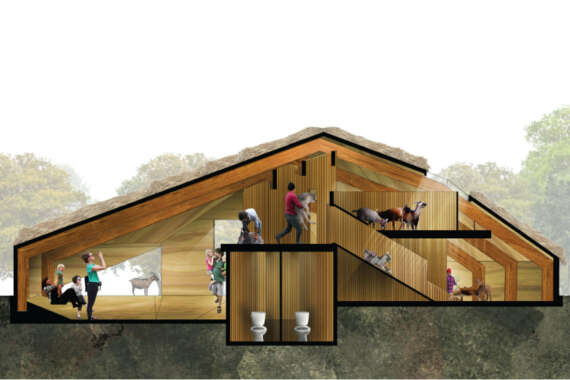Intervening with the system of routines, this project represents an escape from the spaces of commodification and exchange, and encourages ludic practices, as space acquires meaning through the actions performed by its creative practitioners.
The proposition introduced is aimed at disrupting the normalised decorum of urban life through a re-imagination of the country’s social services system: a scene where de-individualisation takes place and identity distinction vanishes. Radically transforming a site of immobility and ignorance, the architecture acts as heuristic stimulants for participation. Boundaries blurred, notions of monetary value and mechanical time diminished, it is everyone’s opportunity for curiosity and experience. Simultaneously, they remain subjects of control where their willingness is exploited to contribute to the construction of the disguised utopia: a paradox of transgression and restraint.
Having assumed the role of the wanderer, I undertook a practice that engages with the thrilling and sometimes overlooked encounters of the everyday. I have translated these into a series of narratives, fabricated testimonies and collages that inform this thesis’ production of architecture, focussing on its performance.
Journeying into the heterotopic fantasy, Samuel Butler’s 'Erewhon' inspires this project’s remarks on the unattainable utopia and the continuous repression from the capital. The processes are analysed under the themes: transience, encounter, play and democracy.
While acting as an apparatus of gentrification in Panmure, it provokes commentaries on the ever-present issue of class struggle as a result of the consumerist spectacle, and the shenanigans of the society of control this neoliberal arcadia has evolved into.








